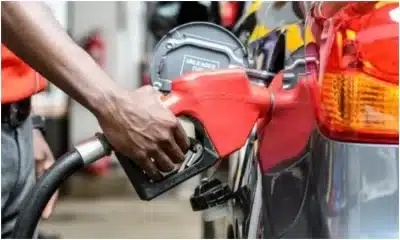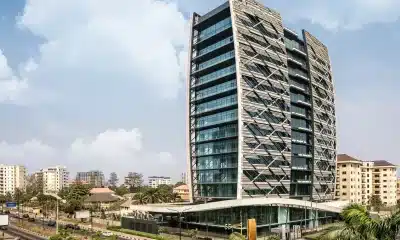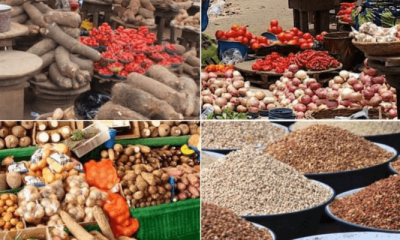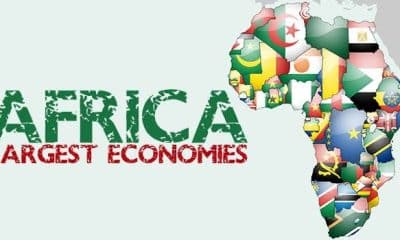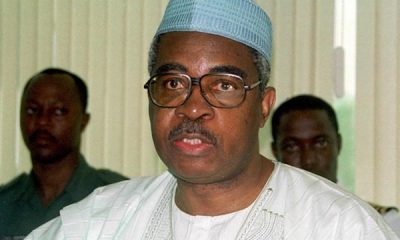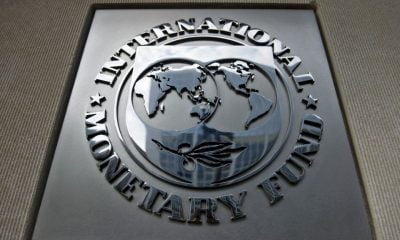Gist
Food Crisis: Nigeria Joins Three Other Nations In €100 Million Investment To Aid Small-Scale Farmers
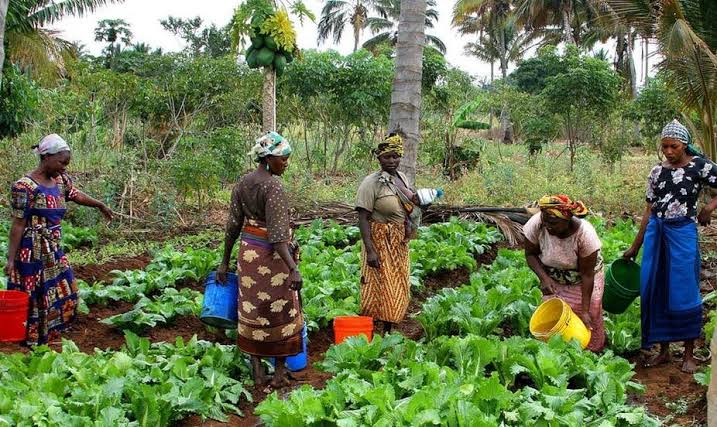
Nigeria, Mali, Burkina Faso, and Niger Republic have contributed €100 million jointly to support the agricultural resilience of small-scale food producers in the Sahel region.
The initiative was designed to have a long-term effect on combating desertification and land degradation, prioritising landscape and watershed management through participatory planning, and successfully integrating soil, water, and biodiversity.
The Programme Director of the International Fertilizer Development Centre, Bidjokazo Fofana, made this announcement on Monday during the pre-launch of the organisation’s new initiative, ‘Soil Values’, in Abuja.
According to the Food and Agriculture Organisation, an estimated 26.5 million Nigerians might confront a food crisis from June through August 2024.
The international organisation emphasised that regions like Borno, Sokoto, and Zamfara, along with the Federal Capital Territory, were experiencing increased risk.
The persisting insecurity situations, such as insurgency and banditry, along with natural resource-based conflicts and high food and agricultural input costs due to inflation, are some of the reasons for food insecurity in the country, according to the FAO country representative, Dominique Kouacou.
Fofana said, “The programme will convene various donor communities to explore avenues for additional funding, benefiting not only Sahelian countries but also the broader regional and international community.
“The €100 million budget was divided among the four countries, with Nigeria investing €40 million, and Mali, Burkina Faso, and Niger Republic each investing €20 million.”
Fofana explained that Nigeria was chosen for the regional launch due to its productivity and potential to drive significant impact within the Soil Values program, expressing high expectations for the country.
Fofana noted, “We expect a lot from Nigeria. Nigeria is a very productive country and a game-changer within the soil value program compared to Mali, Burkina Faso, and Niger Republic.“

